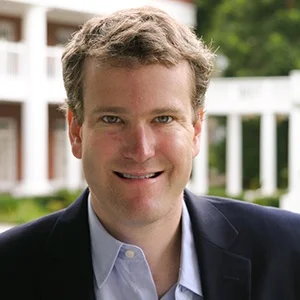Editorial: A Blockbuster Symposium Season to Mark Our 1-Year Re-Launch Anniversary
/Erika ARBAN & Tom Gerald DALY
To celebrate our one-year anniversary since re-launch, and reflecting the Blog’s vibrancy and range of coverage, we are publishing 4 Blog Symposia back-to-back as a 'Symposium Season' from today until the end of July. The first Symposium, on crisis in Venezuela, was put together by Guest Editor Raul Sánchez-Urribarri, and starts today
Read More
























![Xx1088_-_Seoul_city_nightscape_during_1988_Paralympics_-_3b_-_Scan [test].jpg](https://images.squarespace-cdn.com/content/v1/5af3f84a4eddec846552ea29/1527486925632-3VZP3ASLAHP1LJI0D9NJ/Xx1088_-_Seoul_city_nightscape_during_1988_Paralympics_-_3b_-_Scan+%5Btest%5D.jpg)
